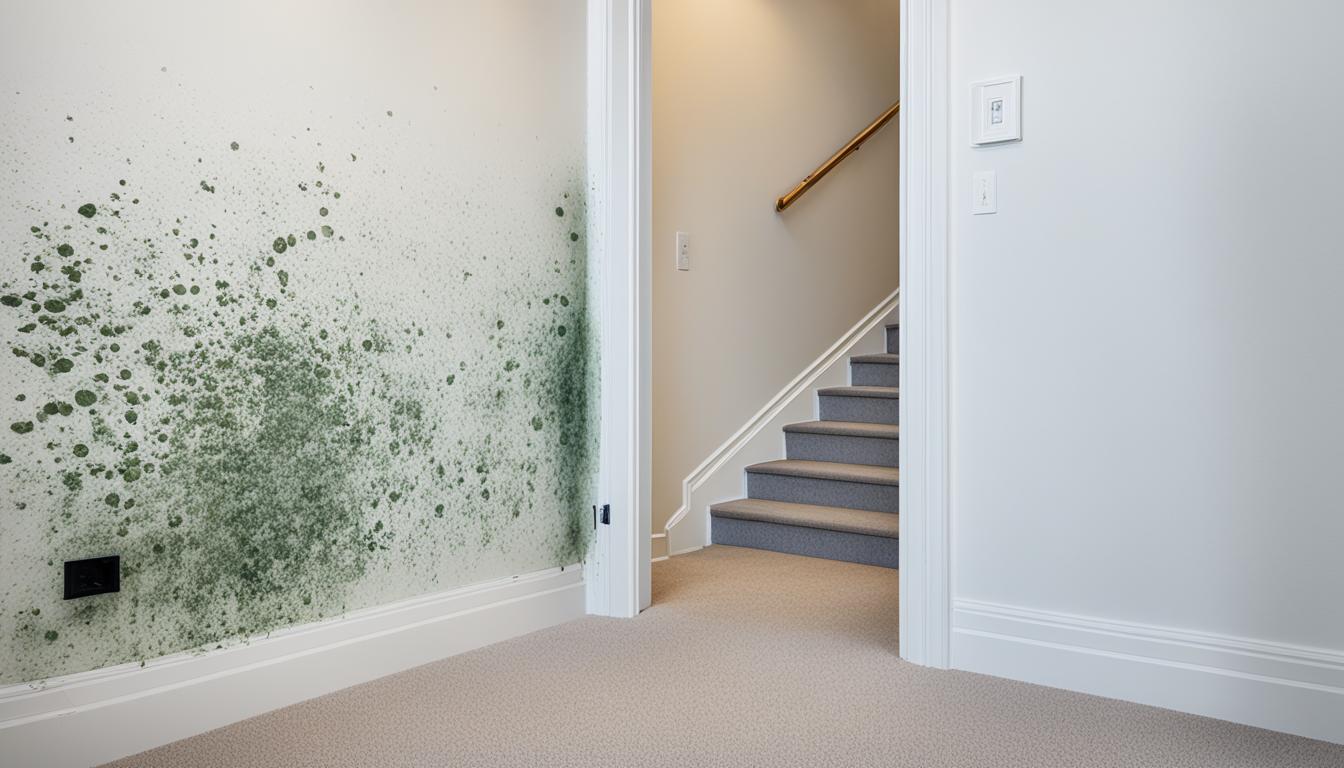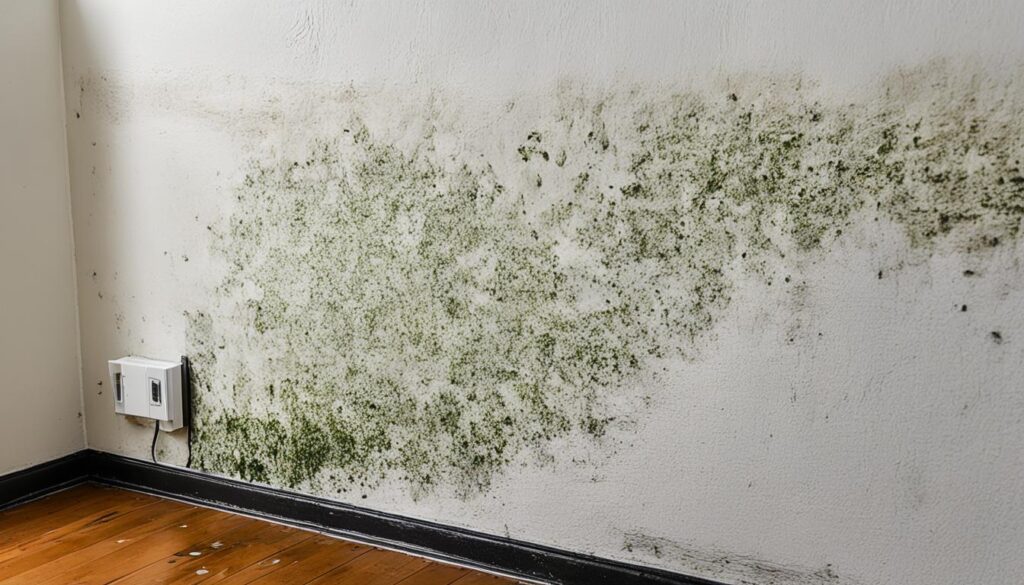
Expert Mold Remediation Advice for Safe Homes
When it comes to mold in your home, taking immediate action is crucial. Mold not only poses a threat to the structural integrity of your property but can also have serious health implications for you and your family. To ensure the safety of your home, it’s essential to have expert mold remediation advice and follow effective mold removal tips. Additionally, professional mold cleanup can offer long-term solutions and peace of mind.
At [Your Company Name], we understand the importance of addressing mold concerns promptly and efficiently. Our team of experienced professionals specializes in mold remediation, providing you with the expertise and resources necessary for a thorough cleanup. With our guidance, you can regain control over your home’s environment and create a safe and healthy living space for you and your loved ones.
Key Takeaways:
- Expert mold remediation advice is crucial for ensuring the safety of your home and the health of its occupants.
- Follow effective mold removal tips to address mold issues promptly and prevent further damage.
- Professional mold cleanup offers long-term solutions and peace of mind by eliminating mold and preventing its recurrence.
- Timely action is essential to avoid structural damage and potential health issues caused by mold growth.
- Consulting certified mold specialists and reputable mold remediation companies can help you navigate the process with confidence.
Proven Prevention and Effective Treatment Techniques for Mold
When it comes to dealing with mold in your home, prevention is always better than cure. By implementing proven prevention techniques and effective treatment methods, you can ensure a healthy and mold-free environment for you and your family. In this section, we will explore the best practices for mold control, including tips for mold prevention and insights into effective mold treatment.
Preventing Mold in Your Home
Mold thrives in damp and humid conditions, so it’s crucial to address moisture issues in your home to prevent mold growth. Here are some key mold prevention techniques:
- Keep humidity levels below 50% by using dehumidifiers or air conditioners.
- Ensure proper ventilation in high-moisture areas like bathrooms, kitchens, and basements.
- Fix any leaks or water damage promptly to prevent mold from spreading.
- Regularly clean and inspect areas prone to moisture, such as gutters, downspouts, and air conditioning units.
- Avoid carpeting in areas prone to moisture, and opt for mold-resistant materials.
By incorporating these preventive measures into your daily routine, you can significantly reduce the risk of mold growth in your home.
Effective Treatment Techniques for Existing Mold
If you’ve already discovered mold in your home, it’s essential to take immediate action to prevent its spread and protect your health. Here are some effective mold treatment techniques:
- Isolate the affected area to prevent spores from spreading to other parts of the house.
- Wear protective gear, including gloves, goggles, and a respirator, when cleaning or removing mold.
- Scrub visible mold growth with a mold-specific cleaner or a mixture of bleach and water.
- Dry the area completely to prevent moisture that could fuel further mold growth.
- Dispose of any heavily contaminated materials that cannot be thoroughly cleaned.
Remember, tackling mold on your own can be challenging and potentially hazardous, especially for extensive mold infestations. Consider hiring professional mold remediation experts for thorough and safe mold removal.
Now that we’ve covered effective mold treatment techniques, let’s dive deeper into the best practices for mold control to maintain a healthy living environment.

| Best Practices for Mold Control |
|---|
| Keep indoor humidity levels below 50%. |
| Regularly inspect and address any leaks or water damage. |
| Use mold-resistant building materials in areas prone to moisture. |
| Promote proper ventilation by using fans and opening windows. |
| Monitor and maintain your HVAC system to prevent mold growth. |
By following these best practices, you can create an environment that is inhospitable to mold growth and ensure the long-term health and well-being of your household.
Certified Mold Specialists and Reputable Mold Remediation Company
When dealing with mold issues in your home, it is crucial to seek the expertise of certified mold specialists from a reputable mold remediation company. Mold can pose serious health risks and can cause structural damage if not properly addressed. By working with professionals who have the necessary certifications and experience, you can ensure the safety of your home and the well-being of your family.
Certified mold specialists undergo rigorous training and education to obtain their certifications. They have a deep understanding of mold growth, its causes, and effective remediation techniques. These specialists can accurately assess the extent of mold infestation, identify the underlying causes, and develop a targeted plan to eliminate mold and prevent future recurrence.
Choosing a reputable mold remediation company is equally important. A reputable company will have a track record of successful mold remediation projects and satisfied customers. They will use state-of-the-art equipment and follow industry best practices to ensure thorough and effective mold cleanup. Additionally, reputable companies prioritize customer satisfaction and will provide transparent pricing, clear communication, and reliable service.
When selecting a mold remediation company, consider factors such as their certifications, professional affiliations, customer reviews, and the range of services they offer. It is also advisable to request a consultation and ask for references to validate their expertise. By partnering with certified mold specialists and a reputable mold remediation company, you can have peace of mind knowing that your mold-related issues are being handled by qualified professionals dedicated to providing quality services.




